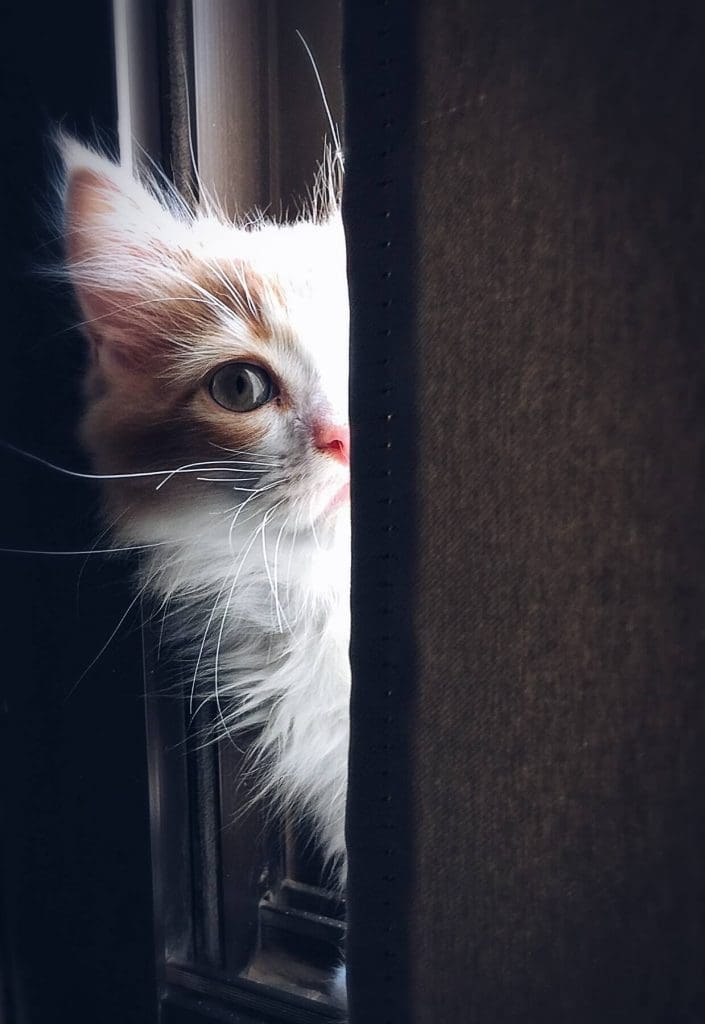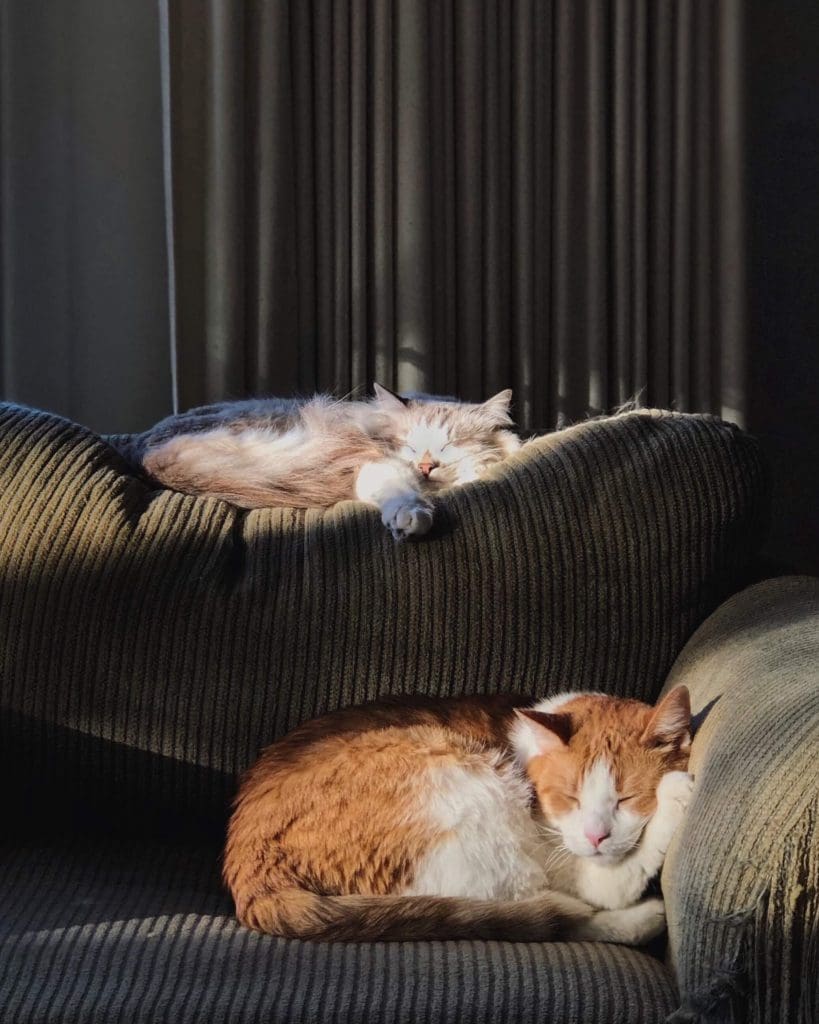Cats’ lovable antics, snuggles, and affinity for long naps make it easy to forget that they are descended from wild animals. While no longer stalking prey in the Fertile Crescent, modern cats still think of themselves as solitary hunters.
Even though our kitties no longer have to worry about predators, their instincts still tell them that pain leaves them vulnerable — and they will often go to great lengths to hide it. Cats’ stoicism can make it difficult for pet parents to recognize illness and injuries.
 Look out for these tell-tale signs that your cat is hurting so you can get them the treatment they need.
Look out for these tell-tale signs that your cat is hurting so you can get them the treatment they need.
The warning signs can be subtle, but cats often reveal discomfort through changes in their behavior, body posture, and facial expressions. Take note if something seems out of the ordinary — it may be wise to rule out illness or injury as a cause.
Because they don’t want their pain on display, cats will often avoid uncomfortable activities altogether. Keep an eye out for:
It’s important to report any specific behavior changes to your vet since they can provide clues to the underlying issue. For example, a cat who suddenly refuses to eat may be experiencing pain in their teeth or gums. Or if they no longer jump onto their favorite places to perch and lounge, they may have limb, foot, or arthritis pain.
Happy, healthy cats tend to walk with their heads high and tails in the air. A kitty in pain is often tense, crouched, and closed off.
Take note of a typically friendly cat who begins avoiding touch or protecting a particular area of their body.

Physical discomfort can sometimes show up on your cat’s face. Be on the lookout for a noticeable grimace that includes tense cheeks, squinted eyes, and flat or pinned-back ears.
Because pain can impact cats’ sociability, grooming, and bathroom habits, pet parents can make the mistake of writing off illness and injury as annoying behavioral changes. It’s important to notice any significant shifts in your kitty’s usual habits and investigate the root cause.
A veterinary examination can help identify the source of any odd behaviors and get your feline friend on the road to recovery.
After a thorough examination, the course of treatment your vet recommends will vary greatly depending on your cat’s diagnosis. In the meantime, however, never give your cat over-the-counter pain medication intended for humans. Ibuprofen is toxic to cats and dogs, even at very low doses.
Cats who are managing pain now have a non-invasive option in laser therapy. This treatment uses specific wavelengths of light to stimulate cell activity and encourage quicker healing.
Kitties who are recovering from surgery, nursing an injury, or living with arthritis or joint issues may see significant benefits. Talk to your vet to see if your cat is a good candidate for treatment.